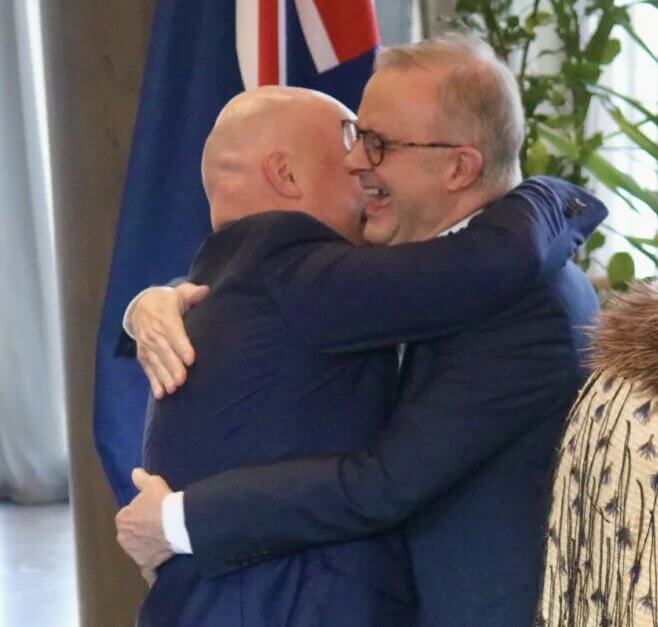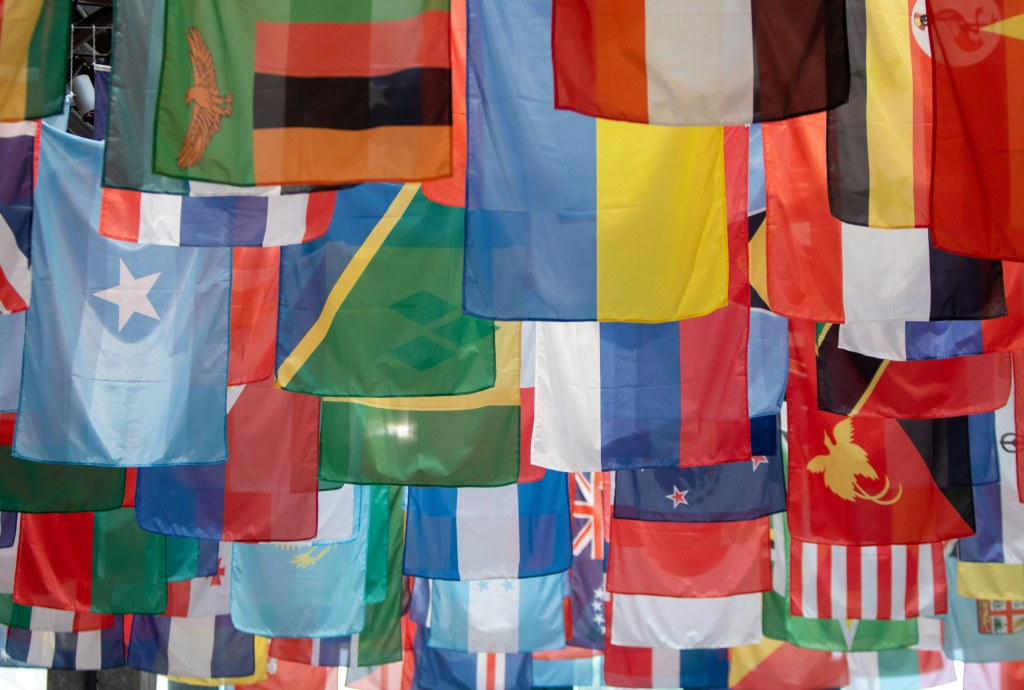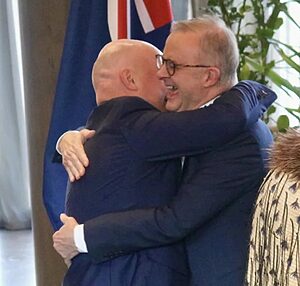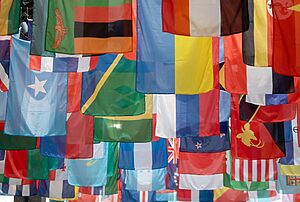In brief
- As with many activists, Provost and Professor Giselle Byrnes thinks her opinion on a contentious issue, the meaning of Te Tiriti, is obviously correct, meaning that contrary opinions are wrong.
- She apparently hopes to rely on her academic credentials to carry the day, but to many she just looks like an activist, over-selling her opinion and looking intellectually weak doing so.
- She claims Massey University’s stated intent to be Te Tiriti lead is just an innocent statement confirming that yes, indeed, there is a Treaty of Waitangi. But does anyone believe that obvious fact is all they are really trying to say?
- There have been significant negative consequences to people at Massey who question Byrnes’s woke view.
Presentation of opinions as facts
Although labelled as ‘opinion’ by Massey News, Provost and Professor Giselle Byrnes’ recent piece, “Why Te Tiriti and not Gaza?“, raises concerns about how educators present their perspectives. This is our opinion in response.
When professors treat their opinions as absolute truths, they risk misleading students and stifling critical discussion. This issue is particularly evident in Byrnes’ treatment of Te Tiriti o Waitangi.
Debate over the nature of Te Tiriti
Byrnes claims that unlike the Israeli/Palestinian conflict, Te Tiriti o Waitangi is not a political issue but a historical reality; recognizing its relevance is a straightforward objective fact.
However, Byrnes’ stance is an opinion on how history should inform current political and institutional practices, as well as the nature of historical relevance and recognition of Te Tiriti.
Therefore, her belief in the objective nature of Te Tiriti o Waitangi can be seen as analogous to taking a side in contentious political issues like the Israeli/Palestinian conflict, despite saying otherwise.
Academics John Raines and David Lillis support this view, noting that while the Treaty is a historical document, its interpretation and application in modern contexts are inherently political and involve subjective judgments.
Universities’ role and neutrality
Raine and Lillis emphasise that universities should remain neutral on political matters, citing the Kalven Report and the European Bologna Accord. These documents advocate for universities to be intellectually and morally independent of political authority and economic power. In their view, this includes the Treaty of Waitangi.
They assert that universities should not adopt partisan positions, even if they are deeply rooted in historical and cultural contexts. This is to maintain their autonomy and uphold the principle of academic freedom.
Impact on academic freedom and institutional practices
The authors express concern that prioritising Te Tiriti principles may infringe on academic freedom and lead to ideological indoctrination.
They cite examples of how Māori cultural practices and traditional knowledge (mātauranga Māori) are being integrated into university operations and curricula, potentially stifling critical discussion and marginalising other perspectives.
Contrary to Byrnes’ view, this imposition, they argue, risks politicising the university environment and detracting from its secular and neutral character.
Raine and Lillis note instances where staff have faced repercussions for opposing these policies, indicating a trend towards managing operations through a Te Ao Māori lens, which they believe should remain an option rather than an ideological imposition.



















